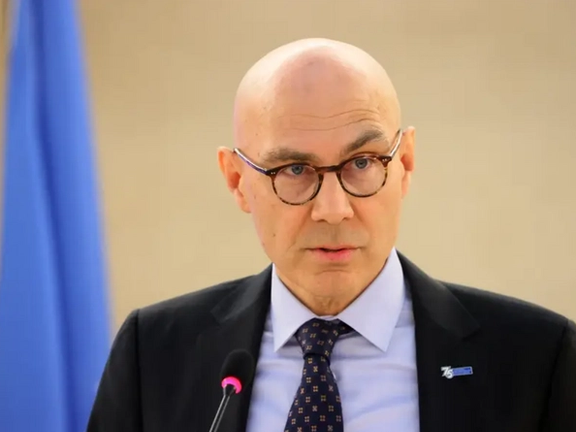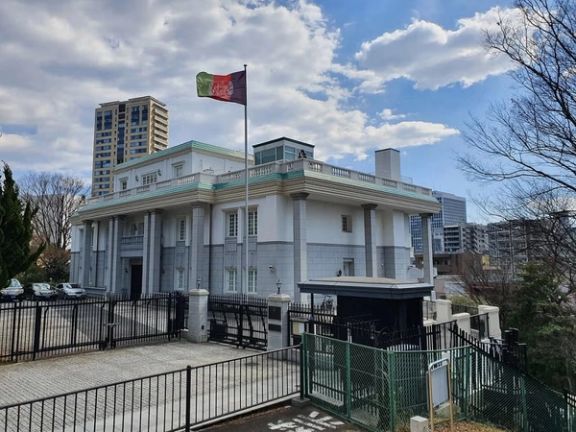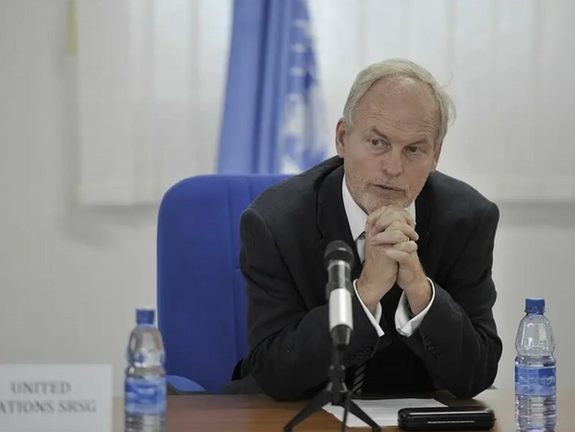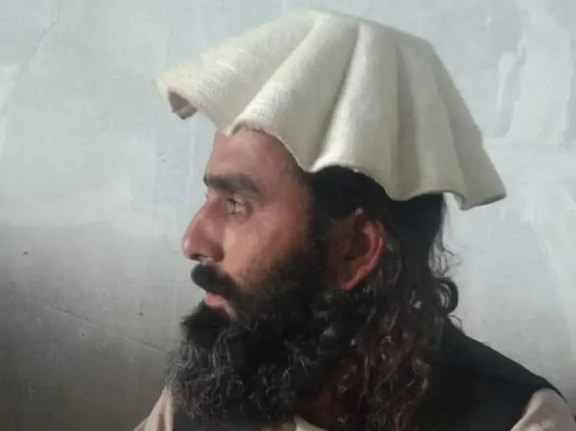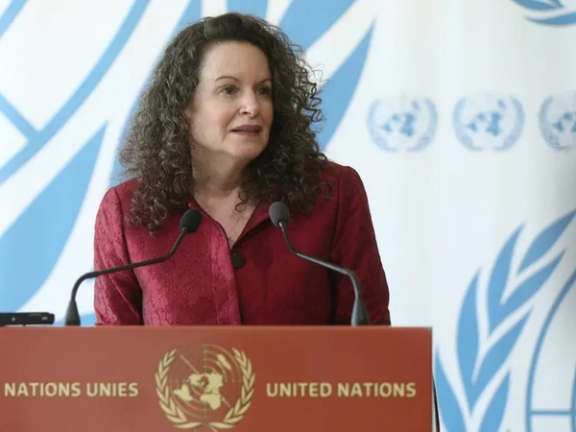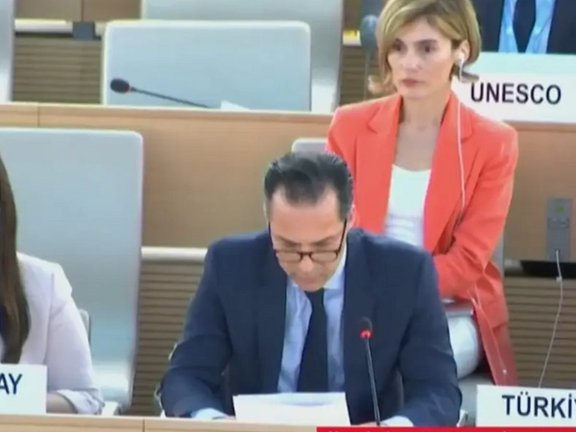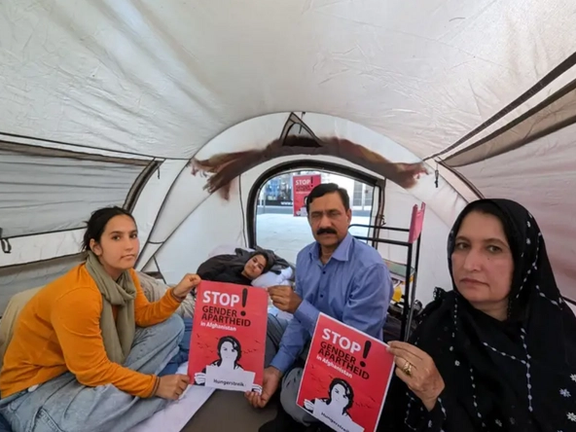Education activist Ziauddin Yousafzai had travelled to Germany on Monday to support the demands of Paryani for the recognition of Taliban’s gender apartheid.
They called the restrictions on women in Afghanistan imposed by the Taliban "an extreme version of apartheid”.
Yousafzai said, "I think there are distinctions between Afghanistan’s and Africa’s experience of apartheid, because what was imposed to women in Afghanistan has been more severe than what was imposed on coloured people in Africa."
Toor Pekai Yousafzai, Malala's mother, also asked the international community to support the rights of women and girls in Afghanistan, especially their right to education.
Previously, Yousafzai had supported the protest of Paryani and other Afghan human rights activists using the two hashtags, "Stop gender apartheid in Afghanistan" and "Let Afghan girls get an education".
Paryani has been on a hunger strike since Friday, September 1, demanding recognition of the "gender apartheid" in Taliban-controlled Afghanistan.
In this protest, a number of human rights activists from Afghanistan and Iran also joined Paryani.
Meanwhile, Berivan Aymaz, vice-president of State Parliament of North Rhine-Westphalia visited Paryani at her sit-in tent in Cologne. She asked Paryani to end the hunger strike and invited her to speak in the state parliament.
Also, Paryani confirmed to Afghanistan International that Richard Bennett, the UN Special Rapporteur on Human Rights for Afghanistan, also spoke to her on the phone.
On the other hand, Schahina Gambir, a member of the German Parliament, described Paryani’s hunger strike as a "drastic protest tool".
This representative of the Green Party in the German Bundestag said that the choice of such drastic form of protest shows how desperate the situation of women in Afghanistan is.
